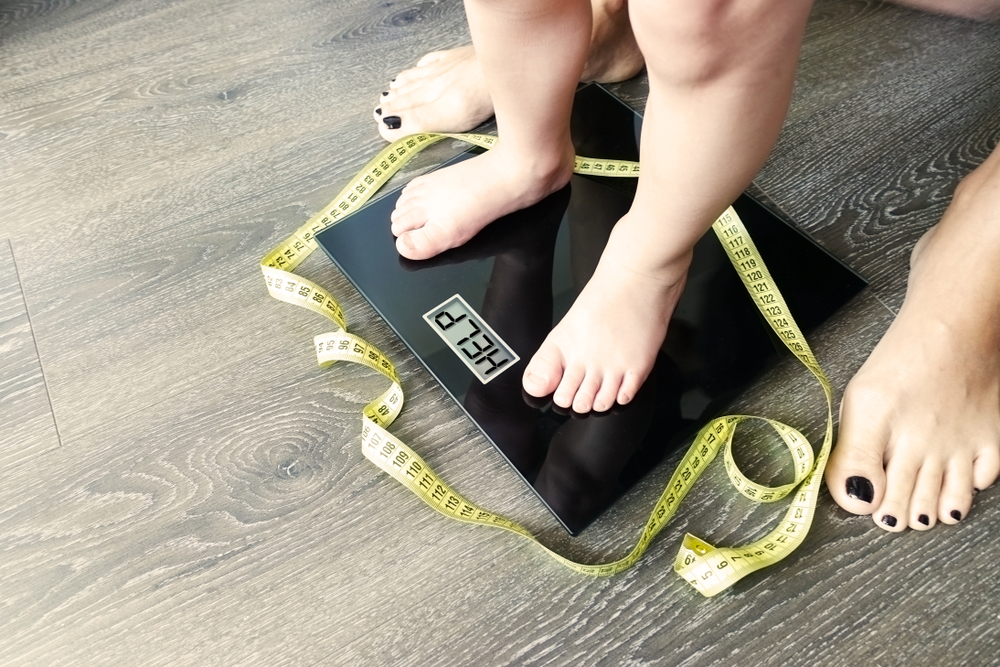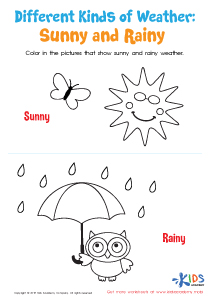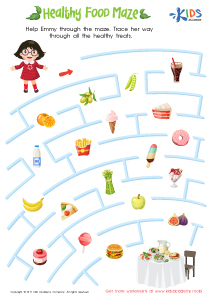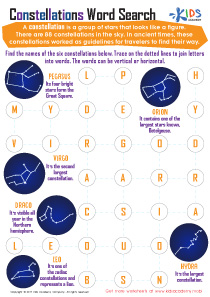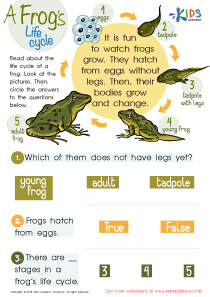Easy Physical Science Worksheets
5 filtered results
-
From - To
Kids Free download Physical Science Easy Worksheets
Looking for a fun way to introduce your little ones to the world of science? Our Physical Science Worksheets are the perfect place to start! With activities geared towards preschoolers all the way up to third graders, these worksheets are jam-packed with hands-on experiments, easy-to-follow instructions, and engaging visuals. From exploring the properties of water to understanding the basics of gravity, students will develop a strong foundation in physical science concepts that will stay with them for years to come. So why wait? Give your young scientists the head start they deserve with our engaging and informative Physical Science Worksheets!
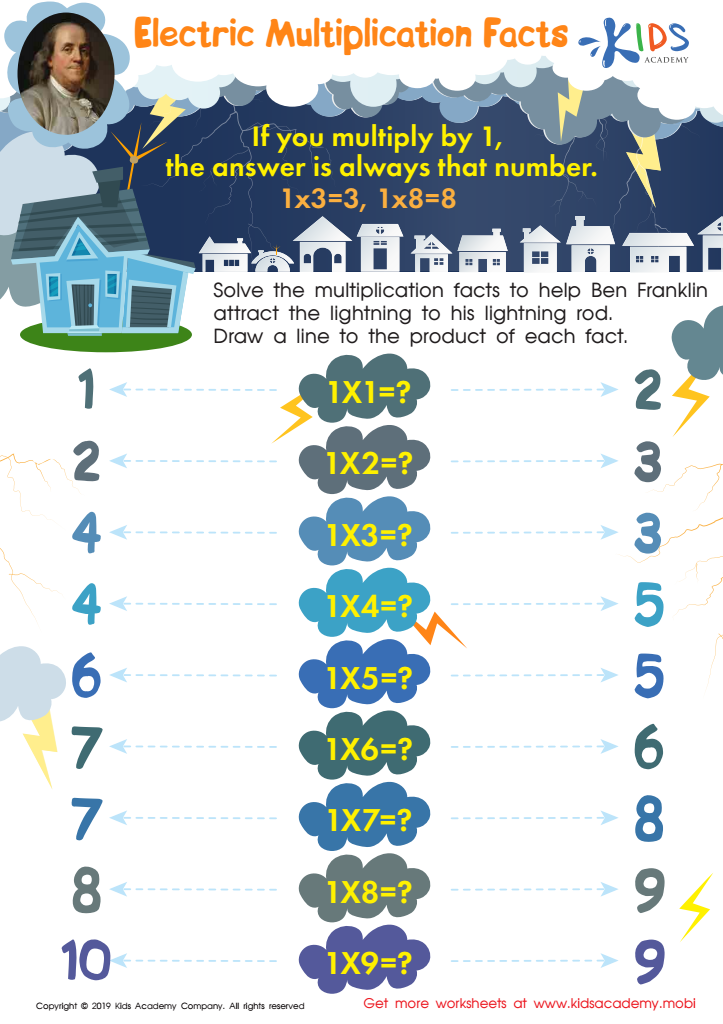

Electric Multiplication Facts Worksheet
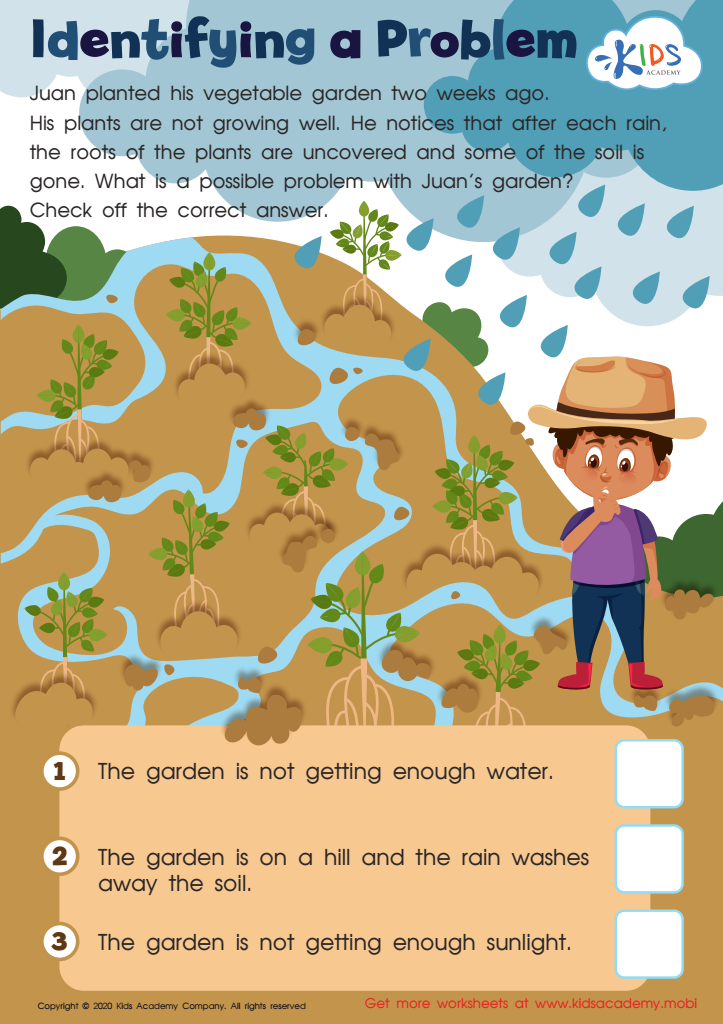

Identifying a Problem Worksheet
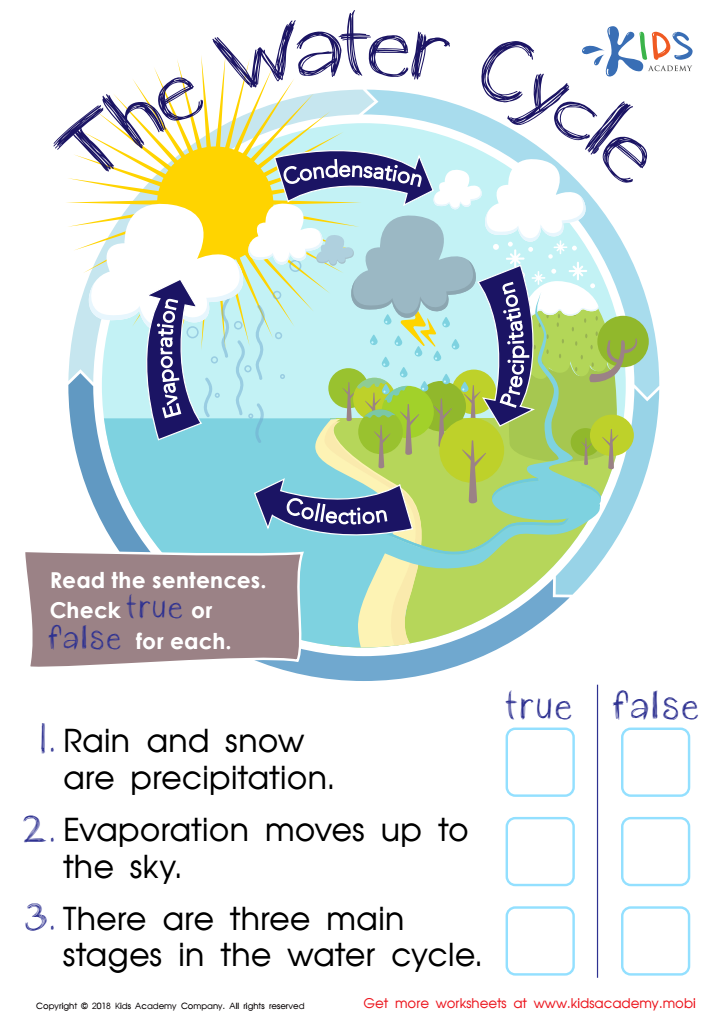

The Water Cycle Worksheet
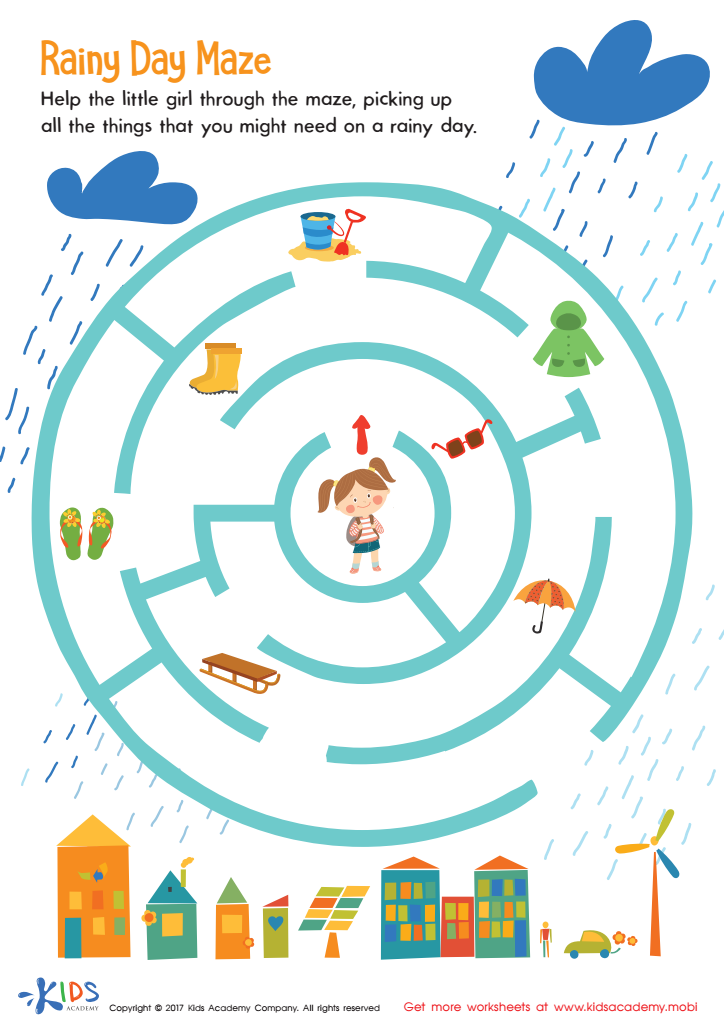

Rainy Day Maze Worksheet
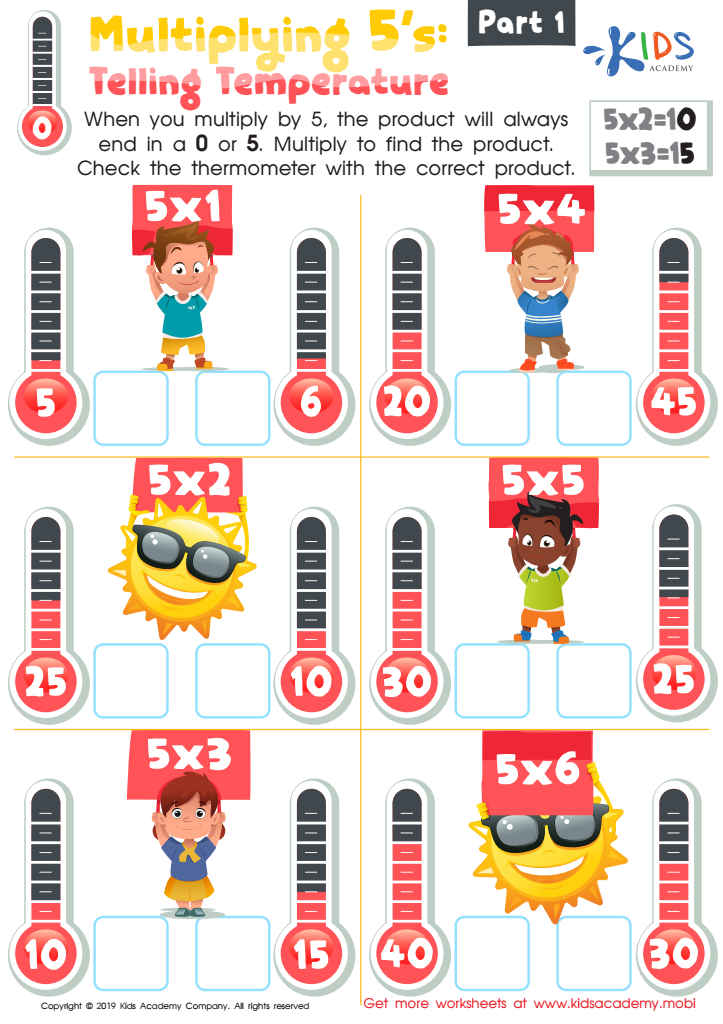

Multiplying 5’s: Telling Temperature Worksheet
The Benefits of Using Physical Science Worksheets for Young Learners
Physical Science Worksheets for Preschool, Kindergarten, Grade 1, Grade 2 and Grade 3 are useful for a number of reasons. They provide young learners with an introduction to basic concepts and principles in Physical Science, which lays the groundwork for later studies in this field. Additionally, these worksheets can be tailored to fit the specific needs and abilities of individual learners, making them highly adaptable and effective tools for teaching.
One of the benefits of Physical Science Worksheets is that they provide a structured framework for learning. By breaking down complex concepts into manageable pieces, these worksheets help young learners build a solid foundation in Physical Science. This structured approach can be particularly helpful for students who struggle with attention or retention issues, providing them with a supportive and organized environment in which to learn.
Another benefit of Physical Science Worksheets is that they can be used in a variety of settings, including classrooms, homeschooling environments, and after-school programs. This flexibility makes it easy for parents and educators to create customized lesson plans that meet the needs of individual learners. For example, worksheets can be used to reinforce topics covered in the classroom or to supplement curriculum materials that may not cover Physical Science in depth.
Physical Science Worksheets are also valuable tools for building essential skills such as problem-solving, critical thinking, and observation. These worksheets encourage young learners to explore the world around them, using their senses and scientific inquiry to develop a deeper understanding of the natural world. As students progress through the different grade levels, they begin to develop a more sophisticated understanding of the scientific process, learning how to design experiments, collect data, and draw conclusions based on their findings.
Finally, Physical Science Worksheets can be used to make learning fun and engaging. Many of these worksheets incorporate colorful illustrations and interactive activities, keeping young learners interested and motivated to learn. This approach can be particularly effective for younger children, who may struggle with more traditional forms of learning such as lectures or reading assignments.
Overall, Physical Science Worksheets are valuable tools for teaching young learners about the principles and concepts of Physical Science. Whether used in the classroom, homeschooling environment, or after-school program, these worksheets provide a structured and engaging framework for learning, helping students build essential skills and knowledge that will prepare them for later studies in science.
 Assign to the classroom
Assign to the classroom
